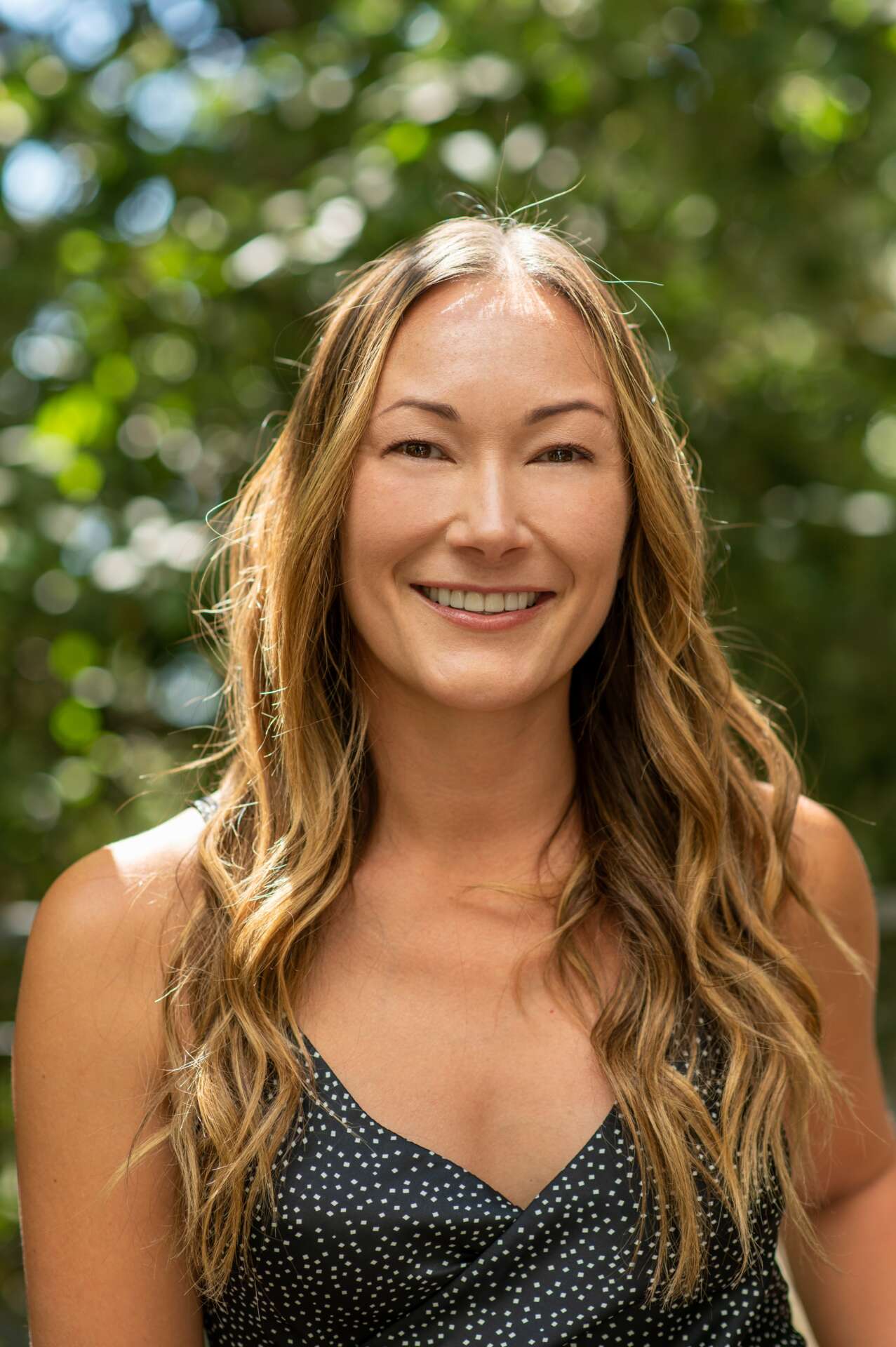We were lucky to catch up with Eden Gillott recently and have shared our conversation below.
Eden, thanks for joining us, excited to have you contributing your stories and insights. What do you think it takes to be successful?
Navigating the road to success for small business owners can sometimes feel like trying to find the quickest route through Los Angeles’ infamous traffic. Like LA’s ever-changing traffic patterns, the key to steering your way toward your goals lies in your network and staying ahead of the curve. Here are some of the major contributors to finding your fast lane to business success:
Networking and collaboration. Build a great web of connections within and outside your industry, but also outside of your neighborhood bubble. Some of my best relationships are spread across Palos Verdes to Moorpark and Santa Monica to South Pasadena. Expanding your bubble opens doors to new opportunities and surrounds you with a support network that rivals a superhero squad.
Continuous learning and skill development. Channel your inner Enola Holmes and always be on the lookout for new things to learn and apply to your business. My network is filled with others who love to learn and are eager to share book recommendations, conferences, and seminars they found useful. Still, it’ll all be for naught unless you focus and apply what you learn.
I felt my business hit the fast lane when I joined the Entrepreneurs’ Organization (EO) Accelerator program. Their program is designed to supercharge entrepreneurs by providing the tools, resources, and support you need to grow and scale your businesses. By participating in the EO Accelerator program, business owners gain access to a global network of like-minded entrepreneurs, invaluable mentorship, and educational opportunities that’ll help you build a solid foundation for lasting success.

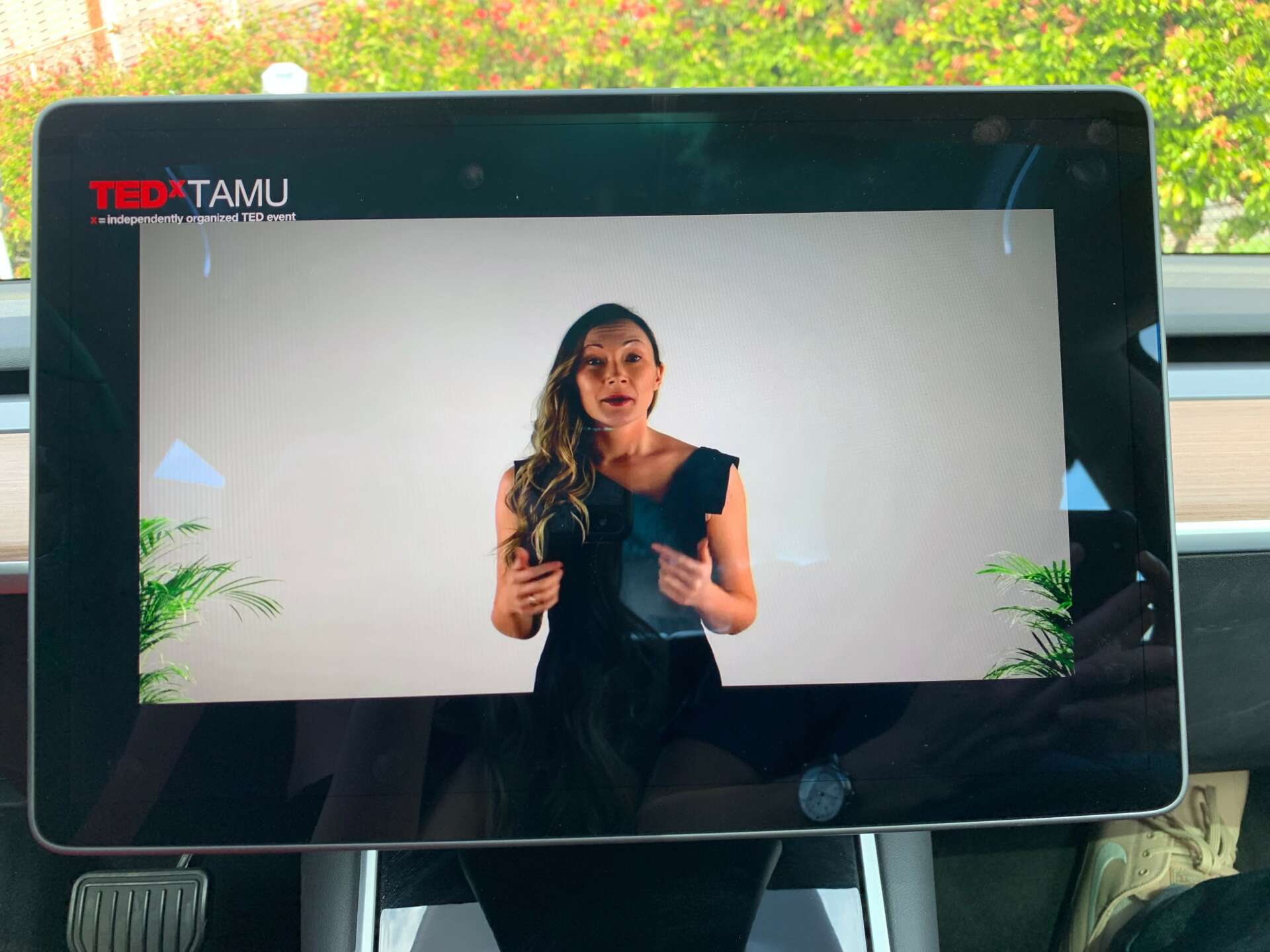

Eden, before we move on to more of these sorts of questions, can you take some time to bring our readers up to speed on you and what you do?
My company specializes in Crisis PR & Strategic Communications. We’ve handled some of the most iconic crises, but more importantly, some of our greatest successes are ones you’ve never gotten the chance to read or hear about.
Often people tell us, “I’m not important enough for the media to care.” Contrary to popular belief, most of our clients call us for issues that aren’t media-related. It’s about managing the optics with their employees, customers, investors, donors, and the community. We partner with attorneys in representing companies, non-profits, executives, and public figures in sensitive situations.
Here’s a snapshot of what our firm handled in a single month:
• an attempted shooting,
• three cases involving the misuse of funds,
• four cases over partnership and boardroom disputes,
• two smear campaigns,
• a government investigation,
• five cases in litigation that were threatening operations, and
• a case involving false allegations that sought to disrupt the launch of a new product that was critical to a company’s future
Our work has two parts: Fixing the immediate problem, and providing a solid strategy to redeem or strengthen reputations for the long term. Because Reputation Is Your Most Valuable Asset®
I’ve written three books on Crisis PR, am a TEDx speaker, and have been featured in The New York Times, LA Times, Wall Street Journal, The Associated Press, ABC, NBC, CBS, FOX News, Access Hollywood, NPR, USA Today, the Washington Post, Inc. Magazine, Hollywood Reporter Magazine, and Variety.
Are there any books, videos, essays or other resources that have significantly impacted your management and entrepreneurial thinking and philosophy?
The Top 3 books that I’ve internalized are:
1. “F*ck No!: How to Stop Saying Yes When You Can’t, You Shouldn’t, or You Just Don’t Want To” by Sarah Knight
WHY? Because it showed. me how to set and enforce boundaries — which is a non-negotiable skill if you run a business.
2. “We Should All Be Millionaires: A Woman’s Guide to Earning More, Building Wealth, and Gaining Economic Power” by Rachel Rodgers
WHY? Because we should all be millionaires.
3. “Vagabonding: An Uncommon Guide to the Art of Long-Term World Travel” by Rolf Potts
WHY? Because it showed me that I don’t have to opt into what’s considered a typical or normal life.
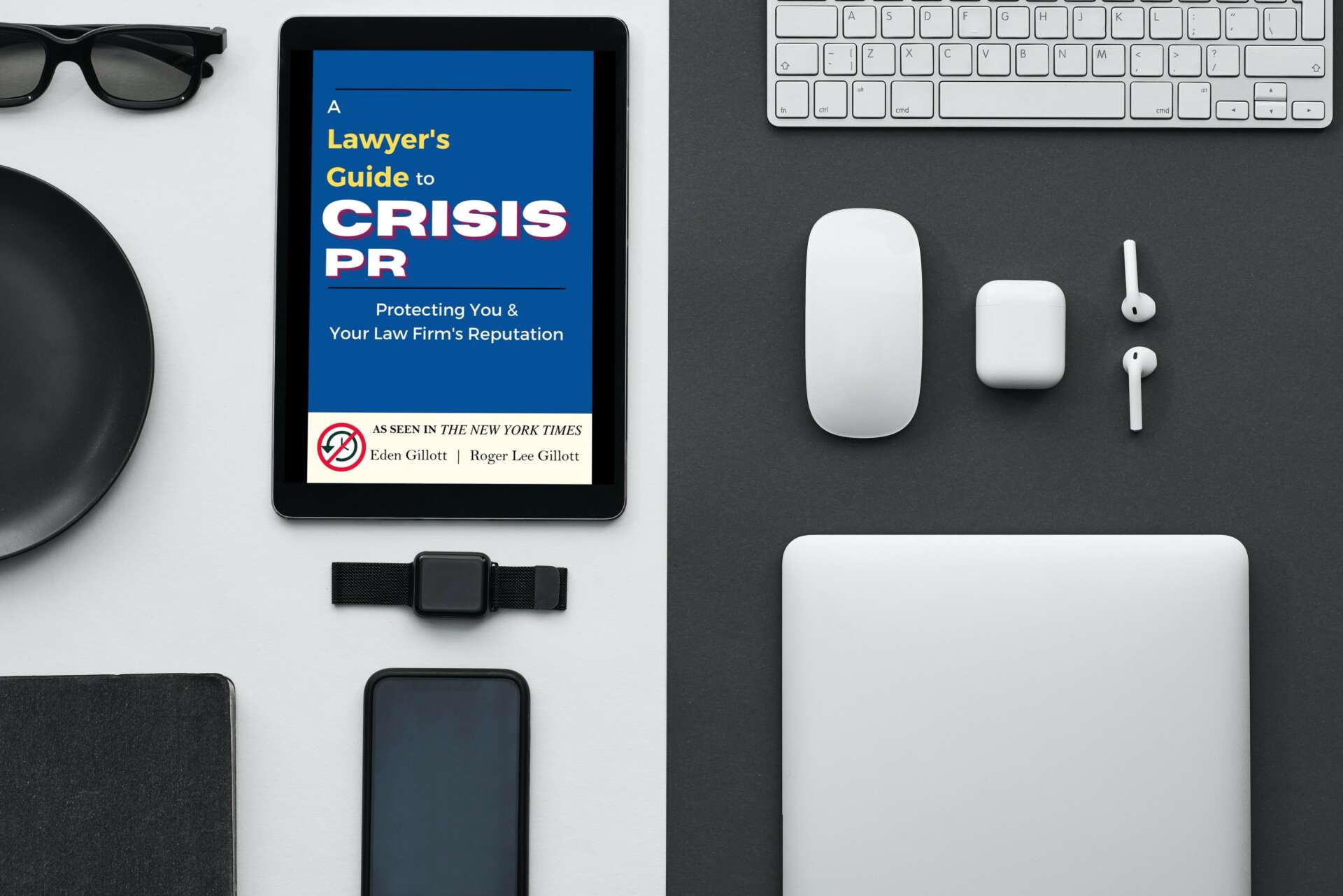
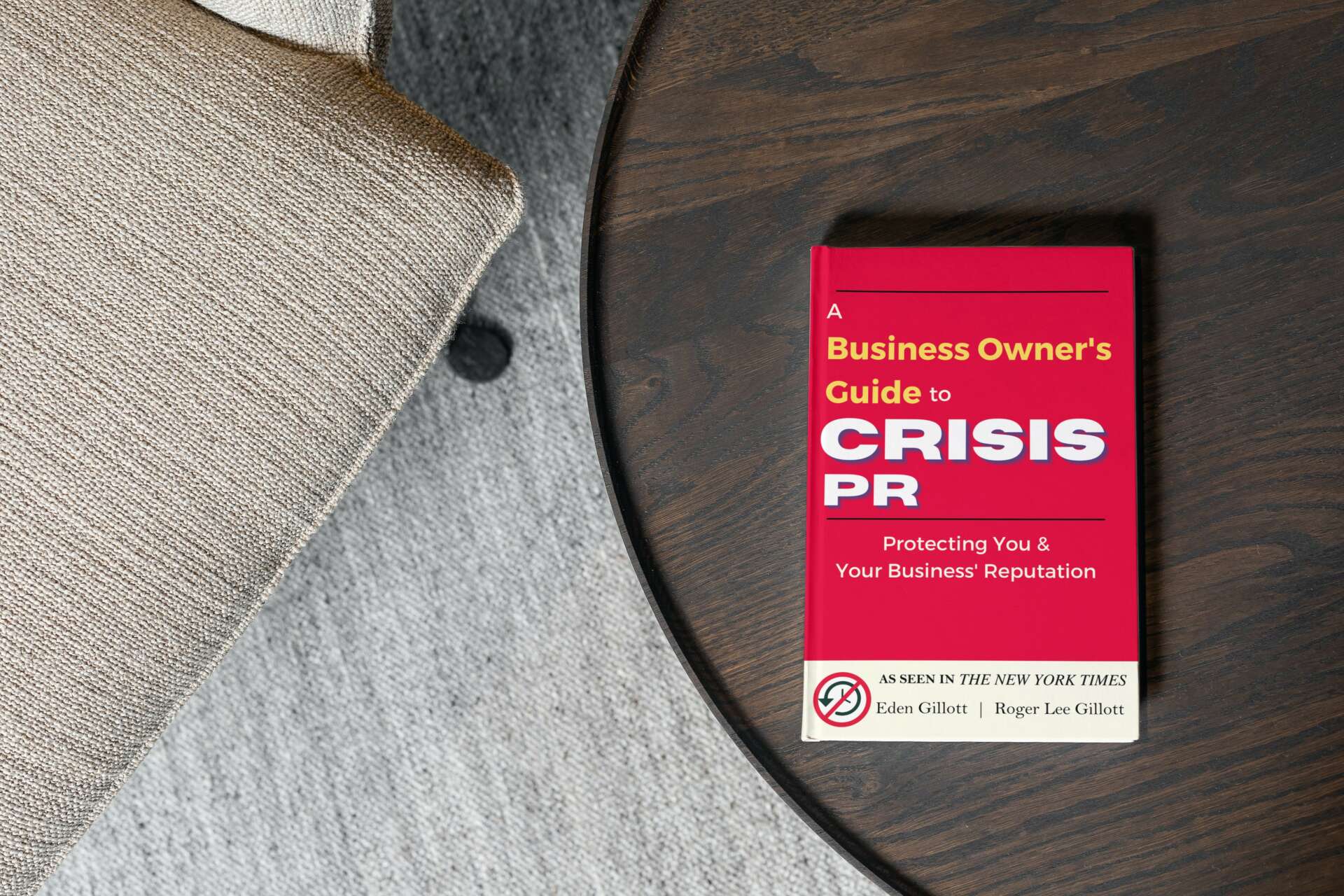
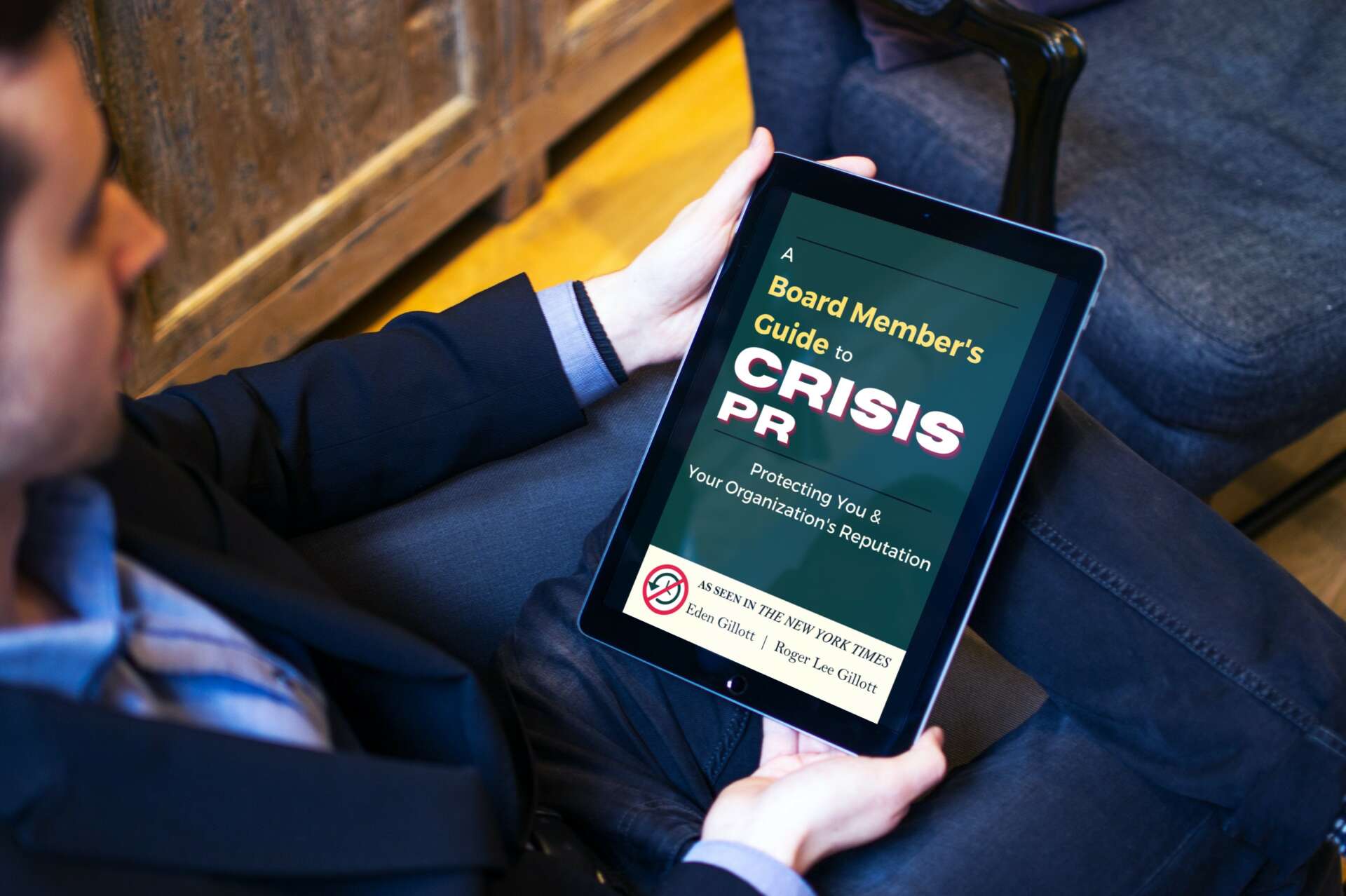
Learning and unlearning are both critical parts of growth – can you share a story of a time when you had to unlearn a lesson?
“Finish what you started.”
This goes for small things like books I used to struggle to finish before I would allow myself to start a new one to major ones like holding onto relationships that were leading me down a bad path and continuing marketing efforts that used to work in the past but are no longer providing ROI.
The lesson I learned (and sometimes have to remind myself) is: You don’t have to struggle through a bad relationship (whether it’s with a book, a person, a marketing method, etc.) simply because you thought it might’ve been a good idea at one point. It’s okay to change your mind.
Contact Info:
- Website: https://www.gillottcommunications.com
- Instagram: https://www.instagram.com/crisisprguys
- Linkedin: https://www.linkedin.com/in/edengillott
- Youtube: https://www.youtube.com/channel/UCd50sEBkIJGnzEwgTRBmxhw
- Other: Our books: https://www.gillottcommunications.com/public-relations-crisis-books


